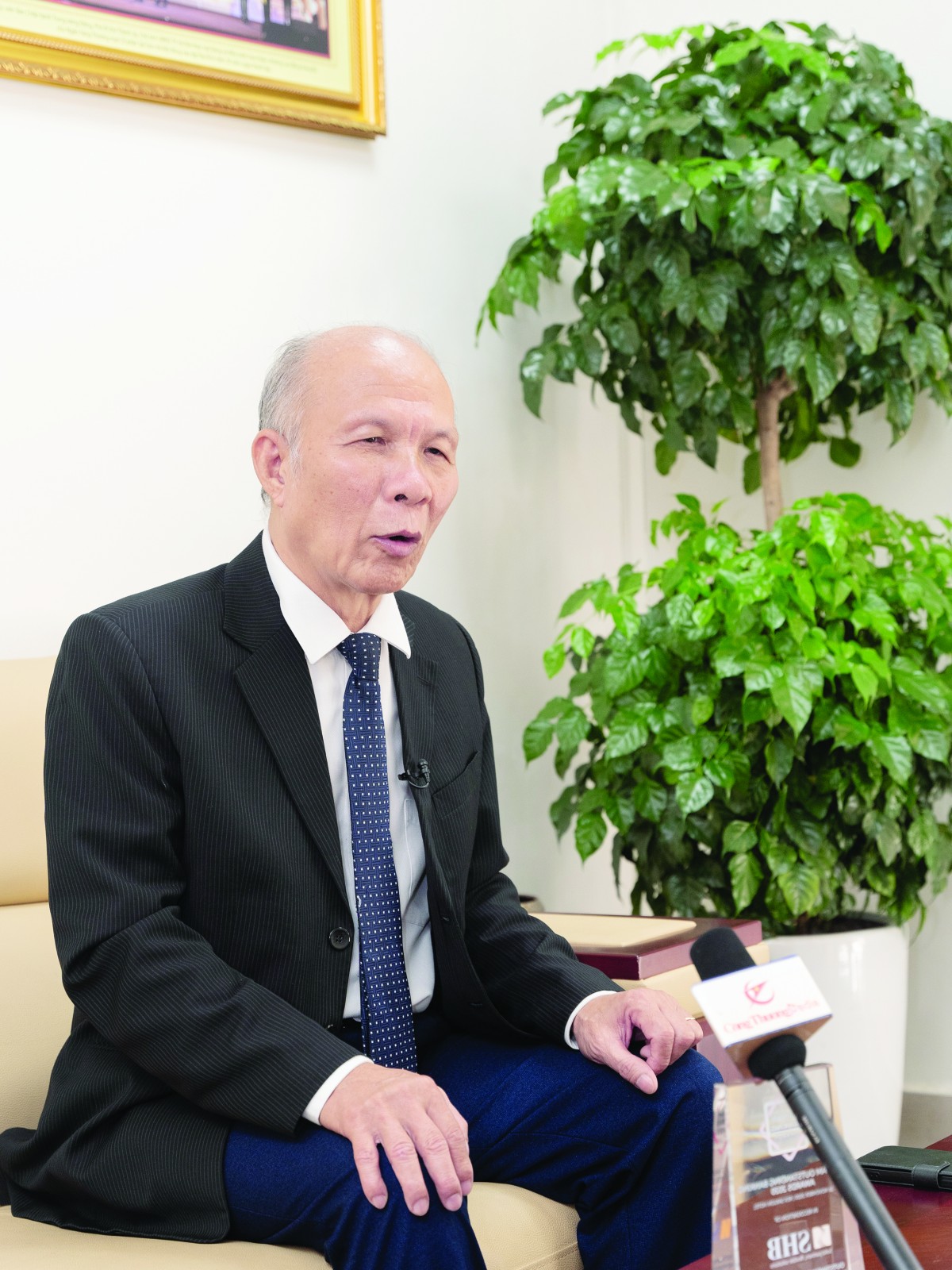Industry and trade sector efficiently leverages FTAs
In the final months of 2024, to achieve the annual export growth target of six percent, the industry and trade sector must focus on effectively implementing and leveraging opportunities from free trade agreements (FTAs).
Recovery of export orders
The Vietnamese economy is in a “sprint” to meet the 6.5-percent growth target set at the beginning of the year. To accelerate the development of the Vietnamese economy and the industry and trade sector, Assoc. Prof., Dr. Dinh Trong Thinh believes that it is necessary to speed up the disbursement of public investment capital and further facilitate production and trading activities.
In an interview with Vietnam Economic News, Assoc. Prof., Dr. Dinh Trong Thinh stated that the Vietnamese economy has entered a phase of recovery since the beginning of 2024. The Government and the Prime Minister have issued numerous directives, requiring ministries, sectors and localities to promote investment, production and business activities, as well as to implement comprehensive measures for robust economic growth.

Assoc. Prof., Dr. Dinh Trong Thinh
The allocation of public investment capital and the implementation of growth and production development targets have been a focus for ministries, sectors and localities. Emphasis has been placed on removing obstacles related to documentation, administrative procedures, and decisively resolving outstanding issues. These actions have greatly supported businesses in production, trade, and export, becoming a driving force of economic growth.
Notably, the recovery of orders in 2024 for textile, garment, and footwear businesses has provided a boost for the economy. Over the past eight months, export growth has reached over 15 percent compared to the same period last year, while imports have grown by around 18 percent. These figures demonstrate the breakthrough of import-export activities, which serve as a key growth driver of the Vietnamese economy.
In the first eight months of 2024, Vietnam recorded a trade surplus of nearly US$15.5 billion. This is a positive signal, helping the country ensure major balances of the economy and stabilize the exchange rate.
For the past eight months, however, the Vietnamese economy has faced many challenges. Public investment disbursement has been relatively slow, not meeting the expectations and targets set by the Government. Therefore, in the coming period, it will be crucial for ministries, sectors and localities to engage in the reasonable allocation of public investment capital by reallocating funds from surplus areas to those in need.
At the same time, it is essential to uphold leaders’ spirit of accountability to accelerate public investment activities, creating momentum for development in not only 2024 but also the years to come.
Opportunities from FTAs
According to Assoc. Prof., Dr. Dinh Trong Thinh, export activities are a major driver of economic growth. Therefore, the six-percent annual export growth target set by the industry and trade sector at the beginning of the year is quite ambitious. However, given the results of the past eight months, this target is almost certain to be achieved.
To boost production and trade, particularly exports, the industry and trade sector must first focus on effectively implementing and leveraging opportunities from FTAs; prioritize updating foreign market information as well as changes in conditions and requirements of export markets regarding imported goods.
Second, there should be closer coordination between the Ministry of Industry and Trade and Vietnamese trade offices and embassies in foreign countries, as well as various sectors and businesses to ensure better linkage, integration, and information sharing.
Third, domestic manufacturing and exporting businesses should produce high-quality products that showcase Vietnamese brands and conquer international markets, while capturing the domestic market and stimulating domestic consumption.
Forecasting Vietnam’s economic growth in 2025, Assoc. Prof., Dr. Dinh Trong Thinh noted that some policies and mechanisms will change. Therefore, businesses themselves must proactively prepare the conditions needed to meet development criteria. Government agencies, especially the Ministry of Industry and Trade, should continue to facilitate production and trading activities and market access, as well as overall growth of businesses.
Assoc. Prof., Dr. Dinh Trong Thinh:
It is necessary to accelerate the disbursement of public investment capital and further facilitate production and trading activities of enterprises.



